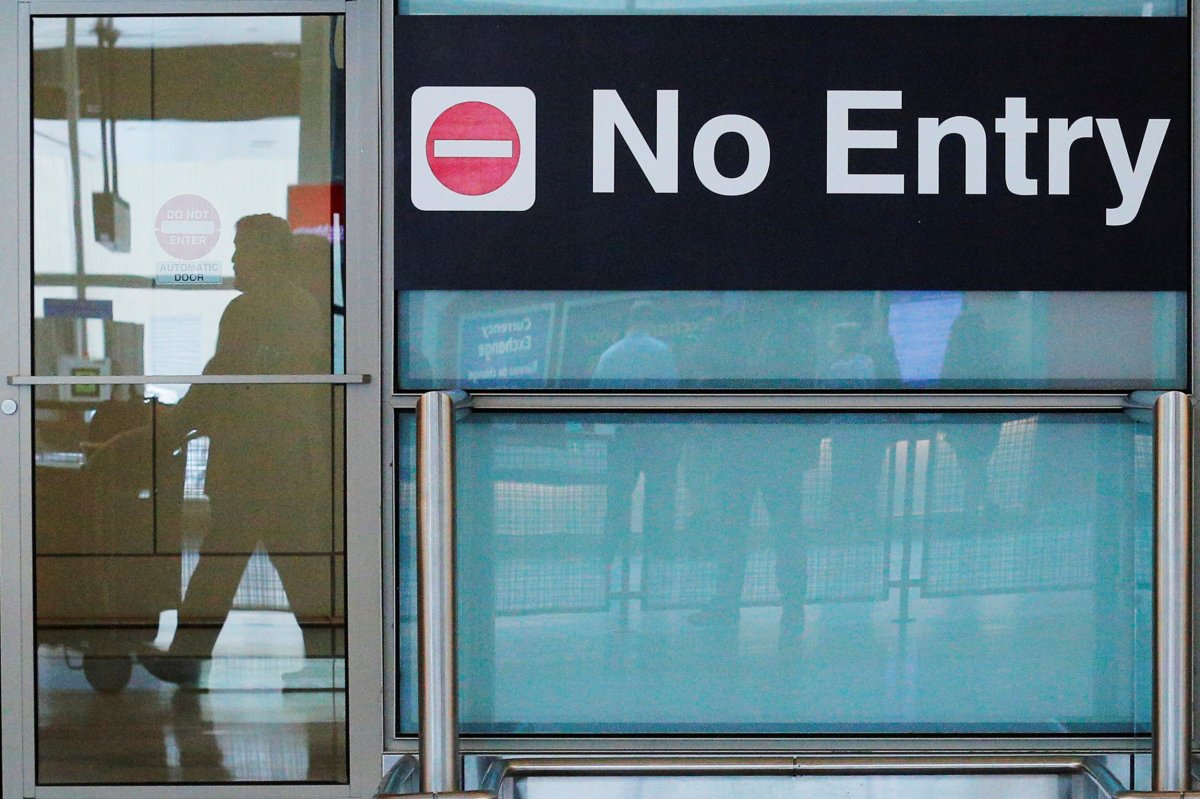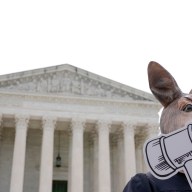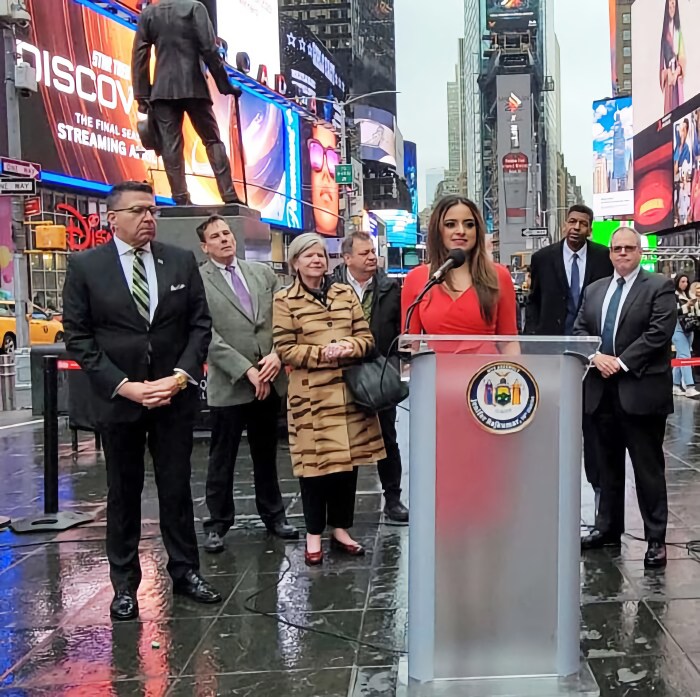By Yeganeh Torbati and Mica Rosenberg
WASHINGTON/NEW YORK (Reuters) – In the first weeks after President Donald Trump’s latest travel ban was implemented on Dec. 8, around 100 waivers were granted to thousands of applicants for U.S. visas from the eight countries subject to its restrictions, according to State Department data provided to Reuters.
Between Dec, 8 and Jan. 8, more than 8,400 people applied for U.S. visas from Chad, Iran, Libya, North Korea, Syria, Somalia, Yemen and Venezuela, the countries listed in the ban.
Of those, 128 applicants qualified for visas because they fell into categories exempted from the ban, according to a letter from the State Department sent last month to U.S. Senator Chris Van Hollen, a Democrat. Exemptions to the ban are made for lawful permanent residents of the United States and certain other categories of applicants.
The ban contains a provision that those who do not qualify for exceptions can be considered for waivers in special circumstances, such as a need for urgent medical care or to accommodate adoptions. Waivers can also be granted to those previously granted visas who want to return to employment or studies in the United States. Significant business obligations or close U.S. family ties can also be taken into consideration for a waiver.
As of Feb. 15 only two of the initial month’s applicants had been approved for the waivers, according to the letter, which was seen by Reuters. Since then, more than 100 additional waivers have been granted, the State Department told Reuters on Tuesday. It was not clear how many of those additional waivers went to applicants from the initial month.
The White House did not immediately respond to a request for comment about the issue. A State Department official said the policy is being implemented as called for in the president’s proclamation.
(For the text of the State Department letter to Van Hollen, see: http://tmsnrt.rs/2Ficpgs)
Van Hollen, along with Republican Senator Jeff Flake requested information about visas from the State Department in late January, saying in a letter to the agency and the Department of Homeland Security that they had “received reports of the near uniform denial of waivers for visas.”
“The Trump administration claims that the waiver system can be used by people who pose no threat to our country…. But these facts show that system is a farce designed to hide President Trump’s true purpose,” Van Hollen said in a statement to Reuters on Tuesday. “Appellate courts have found that this is a de facto Muslim ban in violation of our Constitution and our immigration laws, and this high refusal rate bears that out.”
Six of the eight countries included in the ban are majority Muslim. The Trump administration has said the travel ban is needed to protect U.S. residents from terrorism.
Courts struck down the first two versions of the Republican president’s travel ban, and the current one is narrower in scope than its predecessors. The Supreme Court will consider its legality this spring, and a decision is expected in June.
Many visa applications from the eight countries were denied even before the travel ban. And since it took effect, more than 1,700 of the 8,400 visa applications were denied for reasons other than the travel ban, according to the State Department’s data.
Exact comparisons with previous years are not possible, because data is not available for all types of visa applications. But for the 2016 federal fiscal year, State Department data shows that applicants from the eight countries were refused tourist and business visas, called B visas, at rates of between 15 percent and 64 percent, depending on the country. North Koreans had the lowest rate of denials, while Somalis had the highest. In the first month after the travel ban took effect, more than 95 percent of U.S. visa applications from the countries were denied.
Attorneys representing applicants abroad who were turned down for visas say consular officials have not clearly explained why their clients did not qualify for waivers.
“There is a feeling of extreme frustration. People are operating basically in the blind,” said Diala Shamas, an attorney at the Center for Constitutional Rights, a New York-based nonprofit group that assists Yemeni applicants waiting for visas at the U.S. embassy in Djibouti. “An outsider might think that the impact of the proclamation would be mitigated by the waivers, but in reality that is not at all the case.”
Trump’s proclamation of a travel ban outlined three broad requirements for a visa waiver. Applicants must face undue hardship if denied a visa, the travel must be in the U.S. interest and the applicant must not pose a security risk.
For an applicant to be cleared of being a security threat, consular officers are told to consider “the information-sharing and identity-management protocols of the applicant’s country of nationality as they relate to the applicant,” according to the letter.
That last consideration could prove complicated for most applicants, given that the reason a country winds up on the banned list is that it does not meet U.S. standards for information sharing and identity management.
(Refiling to make it “data” instead of “letter” in headline)
(Reporting by Yeganeh Torbati in Washington and Mica Rosenberg in New York; additional reporting by Grant Smith; editing by Sue Horton, Lisa Shumaker and Jonathan Oatis)



















